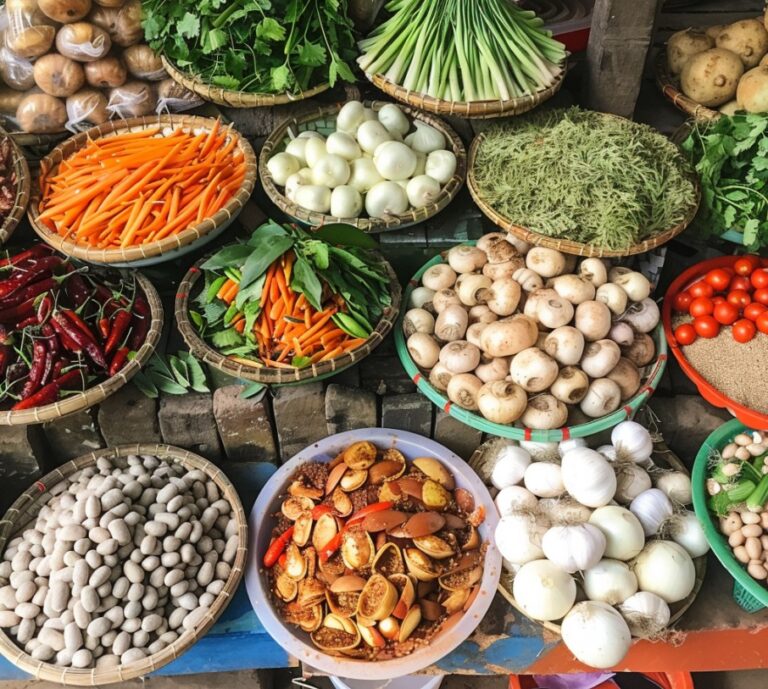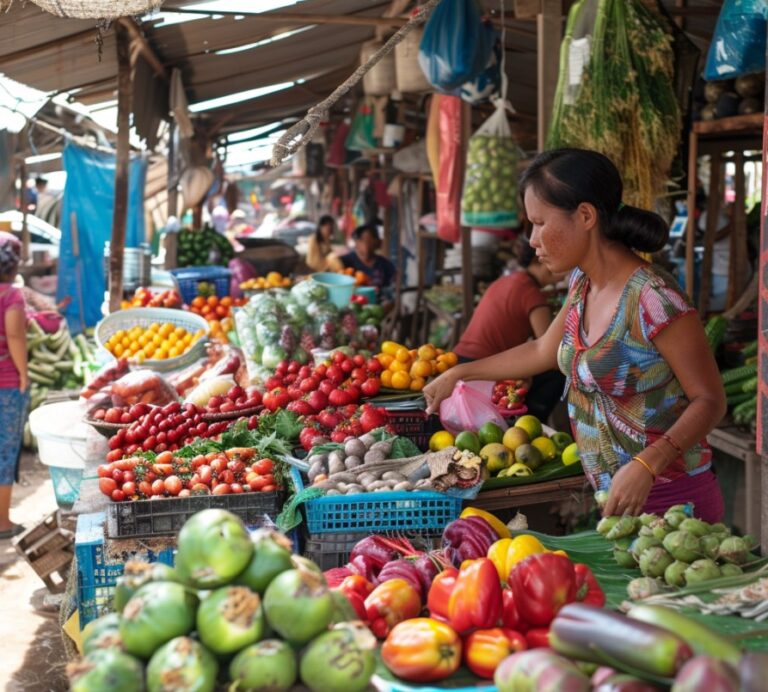Medications not allowed in Cambodia
Cambodia, a country known for its rich history, vibrant culture, and stunning landscapes, also has specific regulations regarding medications that are not allowed within its borders. Understanding these restrictions is crucial for travelers, expatriates, and healthcare professionals to ensure compliance with local laws and to safeguard public health. In this comprehensive article, we will delve into the medications not allowed in Cambodia, the reasons behind these restrictions, and how individuals can navigate these regulations effectively.
List of Medications Not Allowed in Cambodia
In Cambodia, the following drugs are strictly prohibited:
- Narcotics
- Psychotropic substances and their precursors
- Cannabis
- Methamphetamine
- Ketamine
- MDMA (ecstasy)
- Heroin
Penalties for possessing, using, or trafficking illegal drugs in Cambodia are severe, and convicted offenders can expect long jail sentences and heavy fines.
How to get a prescription in Cambodia
In Cambodia, it is possible to purchase prescription drugs without the need to visit a physician for a prescription. However, it is important to be cautious about the authenticity of the medications and ensure they are obtained from reliable pharmacies.
When carrying prescription medication, it is advised to keep them in their original packaging along with the doctor’s prescription.
Additionally, imported medicines and medical products in Cambodia must be registered at the Ministry of Health for laboratory testing. If you need medical assistance, there are internationally-run clinics and hospitals in cities like Phnom Penh and Siem Reap that can provide basic medical care and stabilization.

How to get antibiotics in Cambodia
In Cambodia, antibiotics are often available without a prescription, leading to widespread antibiotic misuse. The country has a significant issue with informal drug sellers who dispense antibiotics incorrectly and without qualifications, contributing to the rise of drug-resistant bacteria. Medicines, including antibiotics, can be obtained without a prescription from both licensed and unlicensed pharmacies and shops in places like Phnom Penh. The Cambodian Ministry of Health has attempted to crack down on illegal pharmacies, but many sellers operate informally and without proper qualifications.
To obtain antibiotics in Cambodia, individuals can visit various pharmacies or shops where antibiotics are sold over the counter.
For example, in Siem Reap, the Preah Vihear pharmacy on Tep Vong Street is mentioned as a place where one can purchase antibiotics like Flagyl or Cipro.
However, it is crucial to note that the unregulated access to antibiotics in Cambodia has led to inappropriate use and contributed to the development of antibiotic resistance.
The situation in Cambodia highlights the importance of proper regulation and control over antibiotic distribution to combat antibiotic misuse and the rise of drug-resistant bacteria.
Regulatory Framework
The regulatory framework governing medications in Cambodia is primarily overseen by the Ministry of Health. The country has its own list of prohibited medications, which is periodically updated to reflect changes in global pharmaceutical standards and emerging health concerns. Individuals need to familiarize themselves with this list before traveling to or residing in Cambodia to avoid any legal or health-related complications.
Reasons for Restrictions
The restrictions on certain medications in Cambodia are typically based on several factors, including safety concerns, the potential for abuse, lack of efficacy, and cultural considerations. For example, medications containing substances that are classified as narcotics or controlled drugs under international conventions are strictly prohibited in Cambodia due to concerns about misuse and addiction. Additionally, medications that are ineffective or harmful may also be banned to protect public health.
Commonly Prohibited Medications
Some of the commonly prohibited medications in Cambodia include:
- Codeine-based painkillers: Due to their potential for abuse and addiction, medications containing codeine are generally not allowed in Cambodia.
- Sedatives and tranquilizers: Drugs such as benzodiazepines, which are commonly used to treat anxiety and insomnia, are restricted in Cambodia due to their sedative effects and potential for misuse.
- Antibiotics without prescription: In an effort to combat antibiotic resistance, Cambodia prohibits the sale of certain antibiotics without a valid prescription from a licensed healthcare provider.
- Hormonal medications: Some hormonal medications, particularly those containing estrogen or progesterone, may be restricted in Cambodia due to their potential side effects and health risks.
Navigating Medication Regulations
For individuals traveling to Cambodia or planning an extended stay in the country, it is essential to take proactive steps to ensure compliance with local medication regulations. Here are some practical tips for navigating medication restrictions in Cambodia:
- Consult with a healthcare provider: Before traveling to Cambodia, consult with a healthcare provider to review your current medications and determine if any of them are prohibited in the country. Your healthcare provider can help you find suitable alternatives or obtain necessary prescriptions.
- Carry a doctor’s letter: If you need to bring prescription medications into Cambodia that are restricted or controlled, obtain a letter from your doctor explaining the medical necessity of these drugs. This can help facilitate customs clearance and avoid any misunderstandings.
- Research local pharmacies: Familiarize yourself with reputable pharmacies in Cambodia where you can purchase necessary medications with proper documentation. Avoid buying medications from unlicensed vendors or street markets.
- Be aware of cultural sensitivities: Respect local customs and cultural norms when discussing medication-related issues in Cambodia. Some topics may be considered sensitive or taboo, so approach conversations with empathy and understanding.
Popular pharmacies in Cambodia
- UCare Pharmacy:
- Offers a wide range of safe and high-quality beauty and drug products.
- Has 23 locations and close to 80 certified pharmacists.
- Led by Pascal CATRY, a French pharmacist, with well-trained pharmacists and friendly staff.
- Pharmacies in Phnom Penh:
- Eden Pharmacies
- Khmer Pharmacie
- Victoria Pharmacy
- Khamer Pharma Co., Ltd
- Western Pharmacy
- BH Clinic.
- Other notable pharmacies:
- Drugssquare
- MW Medical Cambodia
- Pharmacy Kunpheap
- Western Pharmacy Toul Tom Pong
- Western Pharmacy Central Super Store.
Conclusion
In conclusion, understanding the regulations surrounding medications not allowed in Cambodia is essential for anyone visiting or residing in the country. By familiarizing yourself with the prohibited medications, reasons for restrictions, and practical tips for navigating these regulations, you can ensure a safe and compliant experience while accessing necessary healthcare services. Remember to always prioritize your health and well-being by following local laws and seeking guidance from healthcare professionals when needed.



